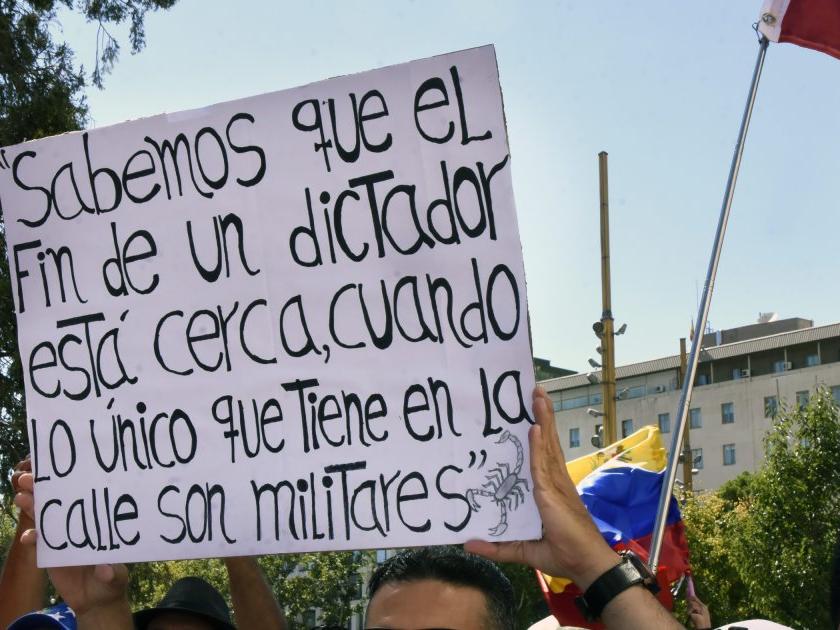As Venezuela’s July 28 presidential election draws near, the political landscape is fraught with tension and controversy. President Nicolás Maduro, seeking a third consecutive term, faces mounting criticism both domestically and internationally. The opposition, led by Edmundo González Urrutia, has united despite significant challenges, including the disqualification of popular opposition figure María Corina Machado.Reports of increased persecution and censorship have emerged, with the opposition claiming at least 76 arbitrary detentions in the first 15 days of the campaign. Maduro’s rhetoric has also raised concerns, with statements warning of potential ‘bloodshed’ if he loses the election. These comments have drawn criticism from regional leaders, including Brazilian President Luiz Inácio Lula da Silva.Despite these obstacles, the opposition has achieved a significant victory by successfully accrediting witnesses for all 30,026 electoral tables across the country. This development is crucial for ensuring transparency in the voting process, although concerns about potential fraud persist.International scrutiny of the election has intensified, with several countries and organizations planning to send observers. However, controversy arose when former Argentine President Alberto Fernández was disinvited from his role as an electoral observer, reportedly due to concerns about his impartiality.Amidst these tensions, Maduro remains confident, declaring that his victory will ‘surprise the world’. However, opposition leaders like María Corina Machado are calling for massive participation and warning of dire consequences if Maduro remains in power.As election day approaches, the international community watches closely, with many calling for a free, fair, and transparent process. The outcome of this election could have significant implications for Venezuela’s future and its relationships with neighboring countries and the broader international community.
Key points
- Venezuelan opposition successfully accredits witnesses for all voting stations, overcoming a major obstacle.
- President Maduro faces criticism for threatening rhetoric, warning of ‘bloodshed’ if he loses the election.
- International observers, including former Argentine President Alberto Fernández, have been disinvited, raising concerns about election transparency.
- Opposition reports increased persecution and censorship in the lead-up to the election.
- Maduro expresses confidence in a ‘contundent’ victory that will ‘surprise the world’.
Contradictions👾While Maduro warns of potential ‘bloodshed’ if he loses, his son, Nicolás Maduro Guerra, states that the Defense Forces will respect the Constitution and accept election results.
👾Maduro claims his victory will ‘surprise the world’, while most polls show the opposition candidate, Edmundo González Urrutia, leading.



